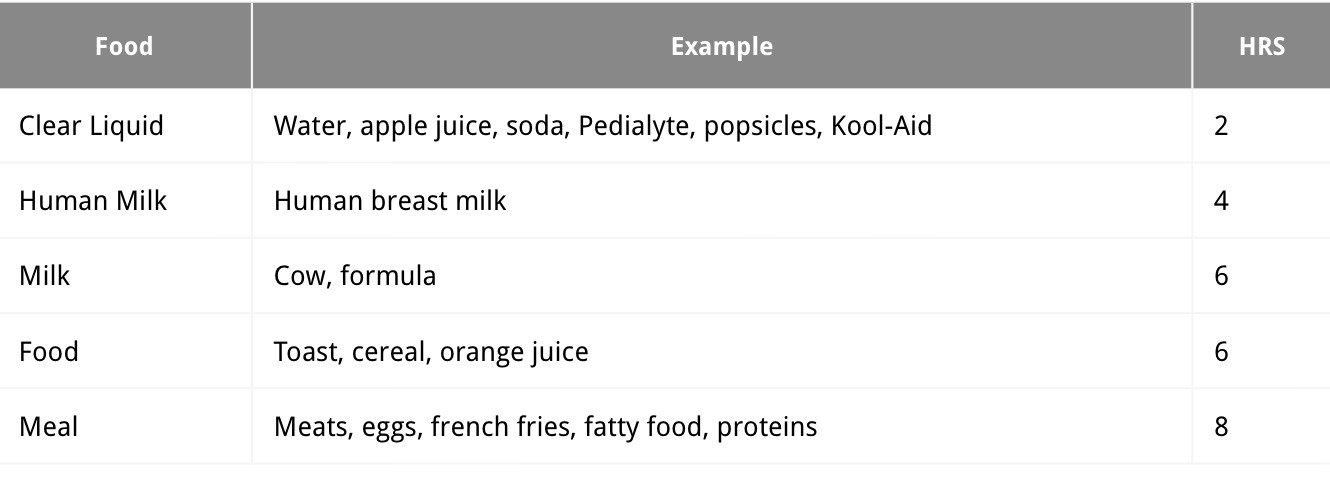ADULT ANESTHESIA
Each year, millions of people in the United States undergo some form of medical treatment requiring anesthesia. Anesthesia, in the hands of qualified professionals, is a safe and effective means of alleviating pain during nearly every type of medical procedure. Anesthesia care is not confined to surgery alone. Anesthesia complications are rare, especially for healthy patients without serious health problems. It is extremely important that you provide accurate health history information to Apex prior to your appointment so the anesthesia provider is aware of special situations and can tailor the anesthesia delivery to minimize any complications. It is also important to carefully follow all pre-anesthesia instructions.
FAQ – ADULTS
The anesthesia will be provided by a Dentist Anesthesiologist or Certified Registered Nurse Anesthetist. It is your anesthesia provider’s job to keep you safe and comfortable during surgery and during recovery from anesthesia. The anesthesia provider never leaves your side until you are safe and stable in the recovery area.
Your anesthesiologist takes several factors into account when recommending the type of anesthesia. Some of those factors include the type of surgery and it’s anticipated length as well as your medical history. The stages of anesthesia are not always clearly defined, and patients may progress from one level of sedation/anesthesia to a lighter or deeper level during the procedure. For this reason, the American Society of Anesthesiologists (ASA) considers anesthesia a continuum, from light sedation to general anesthesia. Understanding that the level of sedation/anesthesia is a continuum, the ASA has published the following definitions:
Minimal Sedation
A level of sedation that relieves anxiety but preserves consciousness. The patient is typically relaxed but readily responds to verbal commands. Blood pressure, heart rate and respiratory function are generally unaffected.
Moderate Sedation
A level of sedation that depresses consciousness and relieves anxiety and pain. Under moderate sedation, purposeful response to verbal command or light tactile stimulation is maintained. Blood pressure, heart rate, and respiratory function are generally unaffected or minimally affected.
Deep Sedation
A level of sedation in which the patient is not easily aroused, but responds purposefully to repeated or painful stimulation. Blood pressure and heart rate are generally maintained, but intervention may be required to maintain respiratory function.
General Anesthesia
The patient is completely unconscious, and not responsive to painful stimuli. Blood pressure, heart rate and respiratory function are often compromised.
General anesthesia itself is exceptionally safe. Most healthy patients do not have any problems with general anesthesia, aside from small problems like being tired after, sore throat or cough, and nausea.
Your anesthesia provider will always monitor your heart rhythm, blood pressure, the amount of oxygen in your blood, the carbon dioxide that you exhale, your respiratory rate and temperature. These parameters and general visual appearance are monitored during the entire procedure.
NPO is a medical abbreviation for “nothing by mouth”. It is very important to adhere to the fasting guidelines established by the American Society of Anesthesiologists. If your stomach is not empty, you may vomit and aspirate stomach contents into your lungs. For this reason, we recommend to not consume food after midnight. However, if the surgery is late in the day, you may eat as indicated in the table below. Additionally, please avoid breath mints and chewing gum. If criteria is not followed, your procedure may be postponed or cancelled.

With our innovative techniques, recovery is usually very quick. You will awaken and recover until you have met certain criteria for discharge home. Avoid driving, operating machinery, drinking alcohol, and making legal decisions for at least 24 hours.
Most patients begin to feel more alert as soon as the medication is discontinued. Any drowsiness or confusion will quickly dissipate as you emerge from anesthesia. During recovery your blood pressure and pulse oximetry will be checked periodically. Many patients are able to go home 30 minutes after their procedure and can resume all normal activities by the next day with very little residual effects.
It is unusual to wake up with pain. Most anesthetics provide significant relief of postoperative pain and patients are usually very comfortable. If you experience pain, let your provider know.
- Eat a healthy meal to restore your energy and drink plenty of fluids.
- You should be able to return to your everyday activities the next day.
- Avoid driving, operating machinery, drinking alcohol, and making legal decisions for at least 24 hours.
- Follow your office’s instructions for restrictions and other recovery instructions.
DO YOU HAVE ANY QUESTIONS?
CONTACT US
Contact us at (509) 764-5399 or email us at [email protected]





